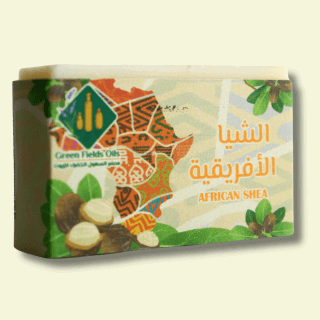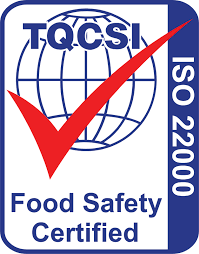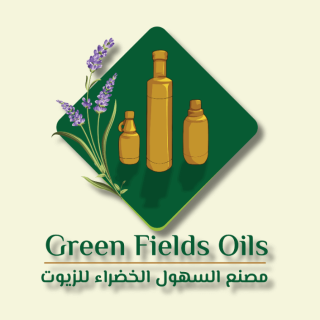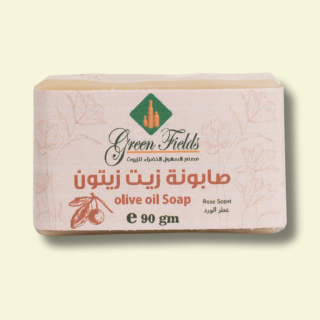Olive Oil and Shea Butter Soap
We are offering natural Olive Oil and Shea Butter Soap that is made using a selection of our finest oils. Our Shea Butter Soap leaves a smooth and soft experience on the skin. The better has an extra moistorizing effect. Which leaves the skin smooth and soft.
Bar Soap, Round shape.
Suitable for your Body.
| SKU | 6251892000485 |
|---|---|
| Weight | 0.150000 |
| Brand | Green Fields |
| Country of Manufacture | Jordan |
| Size | 90 gm |
The Engaging Tale of Soap: From Ancient Baths to Modern Luxury
Did you know that the ancient Babylonians were the first recorded soap makers? They must have been the cleanest people in the neighborhood... until they ran out of soap, that is! This humorous start to our soap's story marks the beginning of a journey that spans thousands of years and countless bubbles.
Ancient Innovations:
-
Early Beginnings: The roots of soap trace back to various ancient civilizations. Babylonians, Egyptians, Romans, and Greeks all developed their own soap recipes using a mixture of animal fats, plant oils, and salts. These early soaps were more about keeping clothes and homes clean, with personal hygiene taking a back seat.
-
Cultural Contributions: It was the Romans and Greeks who began to embrace soap for personal cleanliness. The Romans, famous for their public baths, incorporated soap into their bathing rituals, while the Greeks preferred oils and scrubs for skin care.
Middle Ages and Beyond:
-
Medieval Developments: Soap-making in medieval Europe evolved into a recognized craft. Cities like Marseille, Venice, and Castile became soap-making hubs, each with its own secret recipes. Interestingly, personal hygiene was still not a priority for many, despite the availability of better-quality soap.
-
Trade and Expansion: The expansion of trade routes brought the art of soap-making to different parts of the world. The Middle East, particularly, played a crucial role in refining soap recipes, introducing ingredients like olive oil... a key component in our own soaps today.
The Industrial Revolution:
-
Mass Production: The soap world underwent a revolution during the Industrial era. Once a luxury, soap became a common household item, thanks to advancements in manufacturing and chemistry.
-
Scientific Advancements: This period also marked a growing understanding of hygiene and health, elevating soap from a luxury to a necessity. However, this era introduced synthetic ingredients, offering cost-saving benefits but at the expense of natural quality.
The Modern Era:
-
Synthetic Detergents: The 20th century saw the rise of synthetic detergents, highly effective in cleaning but often harsh on the environment.
-
A Return to Roots: Today, there's a growing appreciation for natural, sustainable products. This trend has sparked a resurgence in traditional soap-making methods like ours, focusing on natural ingredients and eco-friendly processes.
Our Traditional Craft:
In embracing the cold-process method, our soaps pay tribute to the rich history of soap-making, using time-honored techniques and natural ingredients like our Jordanian Pressed Olive Oil. This method allows us to produce soaps that are not only luxurious and effective but also carry forward the legacy of traditional soap artisans. Every bar of our soap is a piece of history, offering a connection to an age-old craft refined through centuries.







